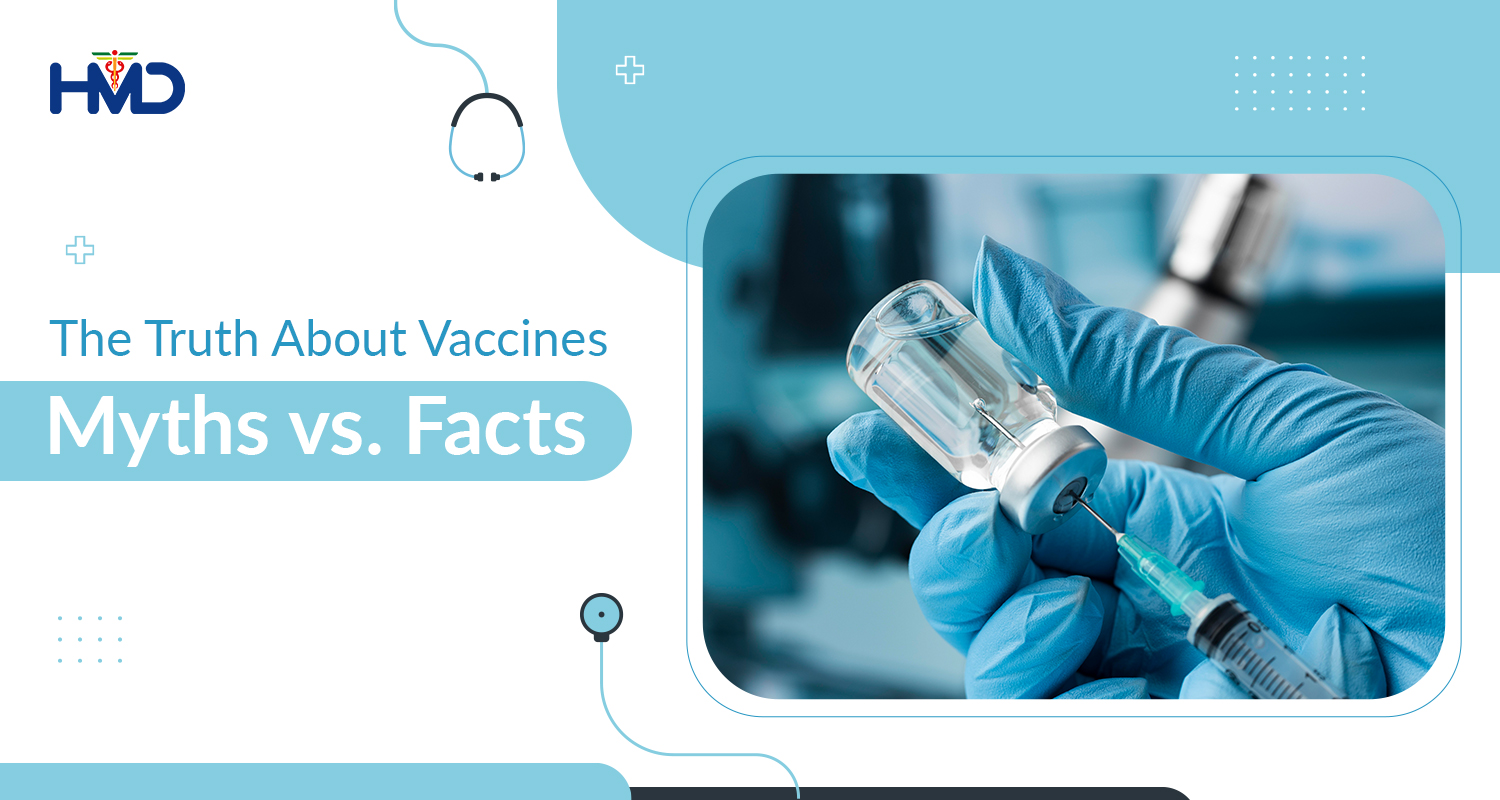

Vaccinations are amongst the most successful advances in modern medicine. They contain weakened or killed germs (bacteria or viruses) that cause diseases. When administered in the human body, the immune system triggers antibodies to fight these diseases. The body then memorises how to fight these illnesses in the future, even if they are stronger.
However, in recent times, a discourse about vaccines, their effectiveness, and myths surrounding their side effects have surfaced. In this article, we will debunk some common myths about vaccinations.
Myth 1: Natural immunity (immunity from natural infection) is superior to vaccine-induced immunity.
Fact: Vaccines allow your body to build immunity without the harmful effects that actual diseases might cause. Microorganisms can cause serious complications, including death, and there are no specific treatments available for some illnesses. Vaccination is significantly smarter to avoid the risk and protect yourself.
Myth 2: I have strong immunity and can handle the illness without any problems.
Fact: Vaccines prevent sickness by developing an immune response to the virus. Vaccination provides immunity, which reduces the risk of contracting the disease and its complications. If you are exposed to the virus, your immunity will help you fight against it. Getting vaccinated may also protect those around you, as being immune to infection and disease makes you less likely to infect others.
Myth 3: The vaccine isn’t always effective, so I should not bother getting one.
Fact: While vaccines are highly effective, no vaccine offers 100% protection. As a result, a small percentage of individuals may not develop complete immunity after vaccination. In addition to a vaccine’s specific properties, factors such as a person’s age, underlying health issues, and previous exposure to the disease can all impact how well it works. That is why it is important to implement all effective health measures even after getting vaccinated.
Myth 4. Vaccines can cause infertility.
Fact: This rumour emerged during the release of COVID-19 vaccines. Several studies have been conducted on this topic, but no evidence has been found linking the two.
Final Thoughts
Vaccines undergo many safety testing procedures to protect public health. If you have further questions about vaccinations and their safety, reach out to a medical professional for information and expert guidance.
For the past 67 years, HMD has been dedicated to promoting disease prevention through vaccinations. Our Kojak AD hypodermic single-use syringes break automatically when reused and are well-recognised for immunisation/vaccination. Visit the HMD website today to learn more about our offerings!

